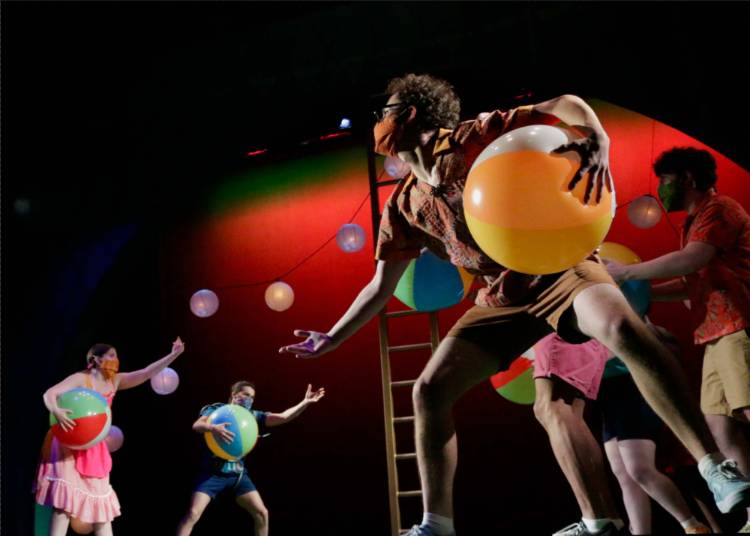
At MCLA Theatre, we believe the theatre artist of the future is a theatre maker who fills a myriad of roles and uses more than one way of thinking. Their skill set is diverse and multi-faceted, allowing them to understand, adapt, and excel at a variety of different tasks.
Theatre artists in the twenty-first century are interdisciplinary. Actors produce their own work, designers act and direct, directors design and choreograph, an entire company of artists may be involved in the writing process. This approach allows artists to express themselves more creatively and opens them to a wide array of career possibilities.
The Theatre curriculum at MCLA is designed to encourage students to explore the wide range of creative and technical experiences that theatre offers, find where they excel, and cultivate a theatre practice tailor-made to their individual skills and areas of interest. We believe this is what makes our theatre students uniquely qualified to succeed in the evolving digital economy.
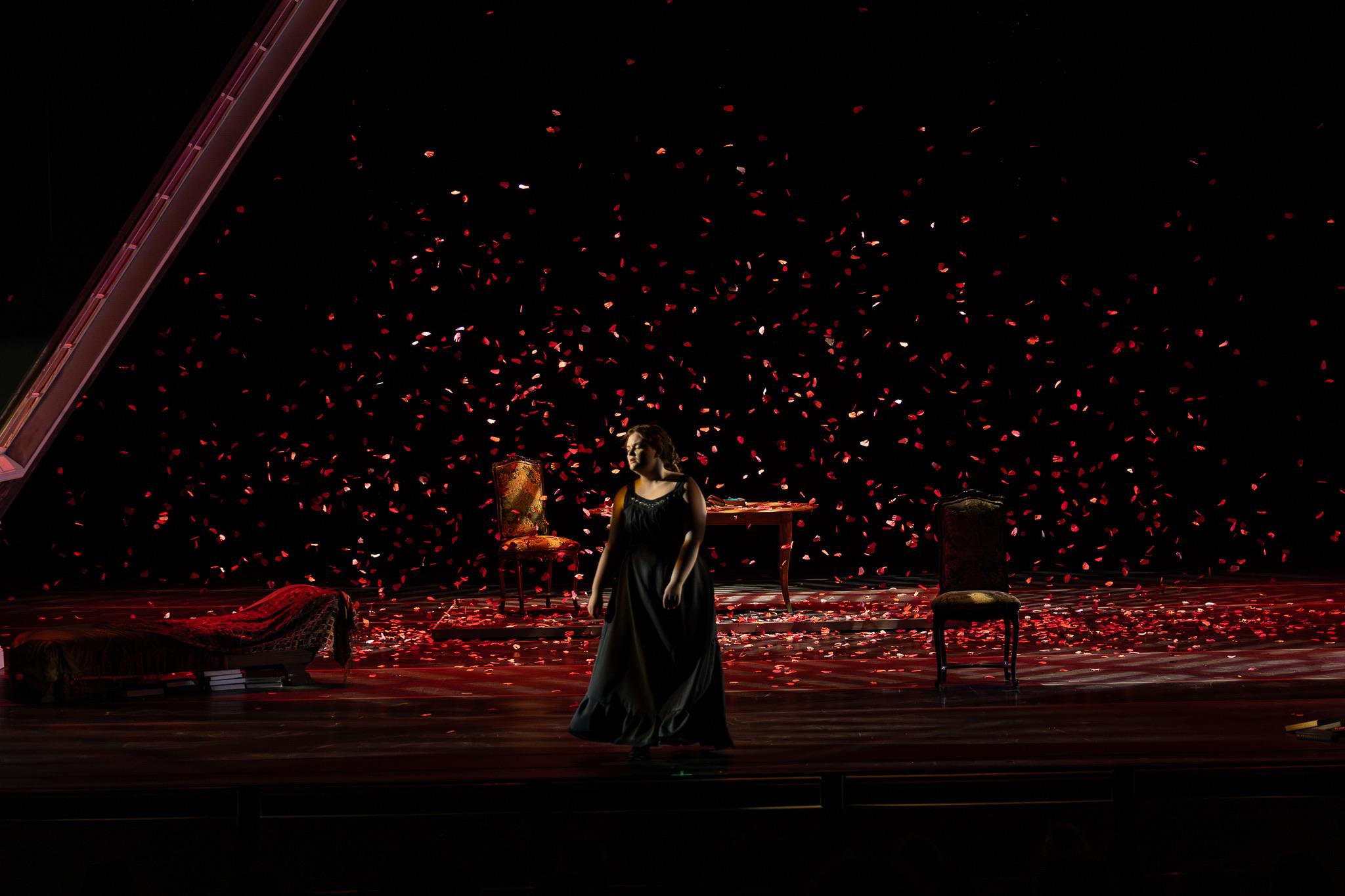
Performance Opportunities - a diverse array of plays, including musicals and new works.
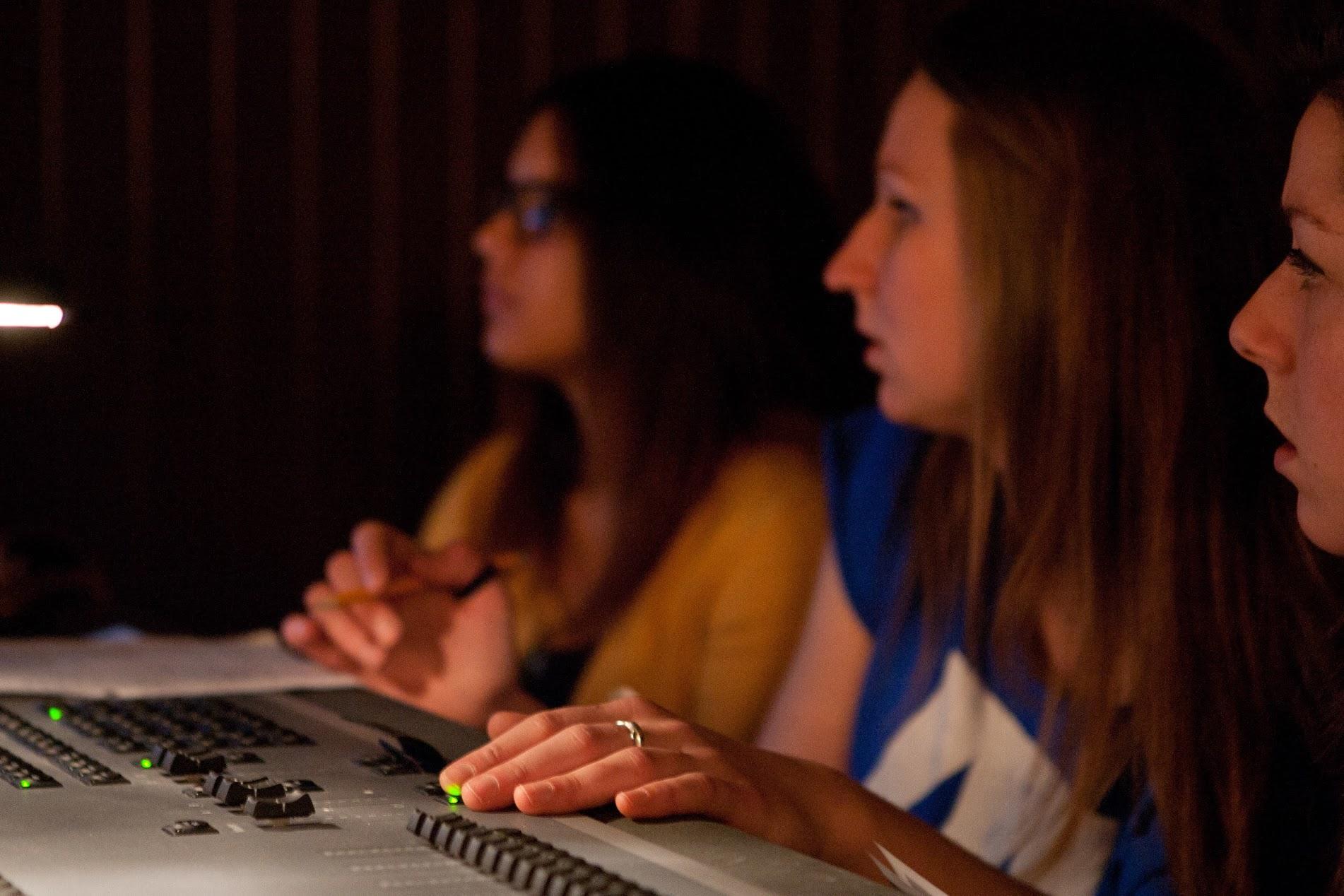
Production Opportunities - hands-on experience as designers and technicians.
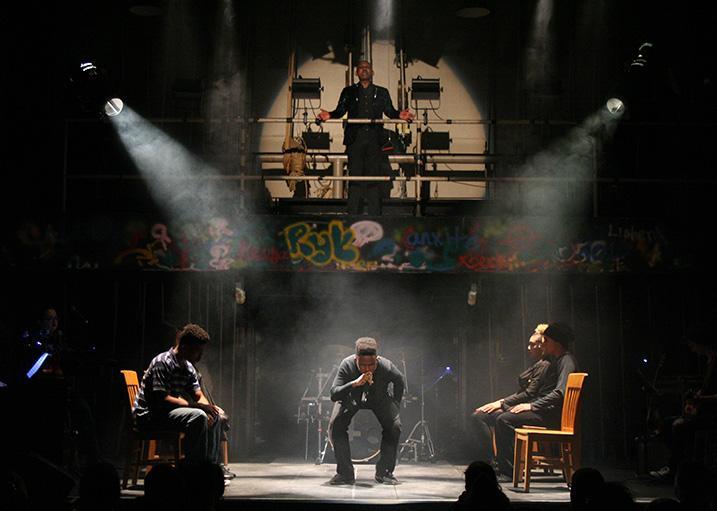
Design Opportunities - hands-on experience designing main stage shows.
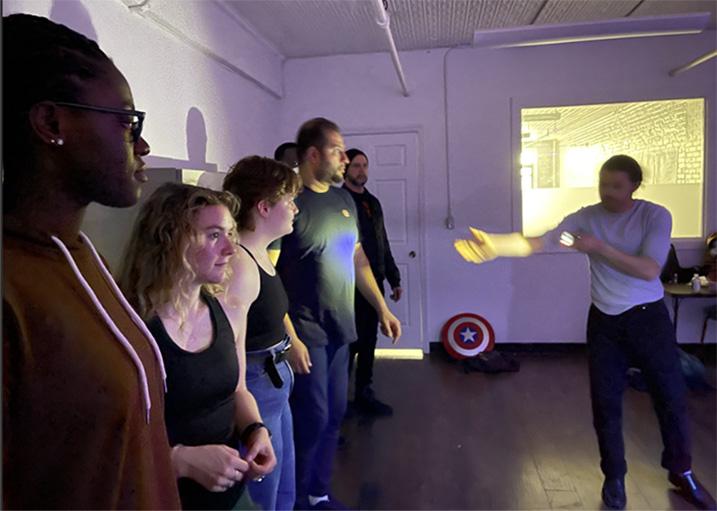
Directing Opportunities - hands-on experience as directors and stage managers.
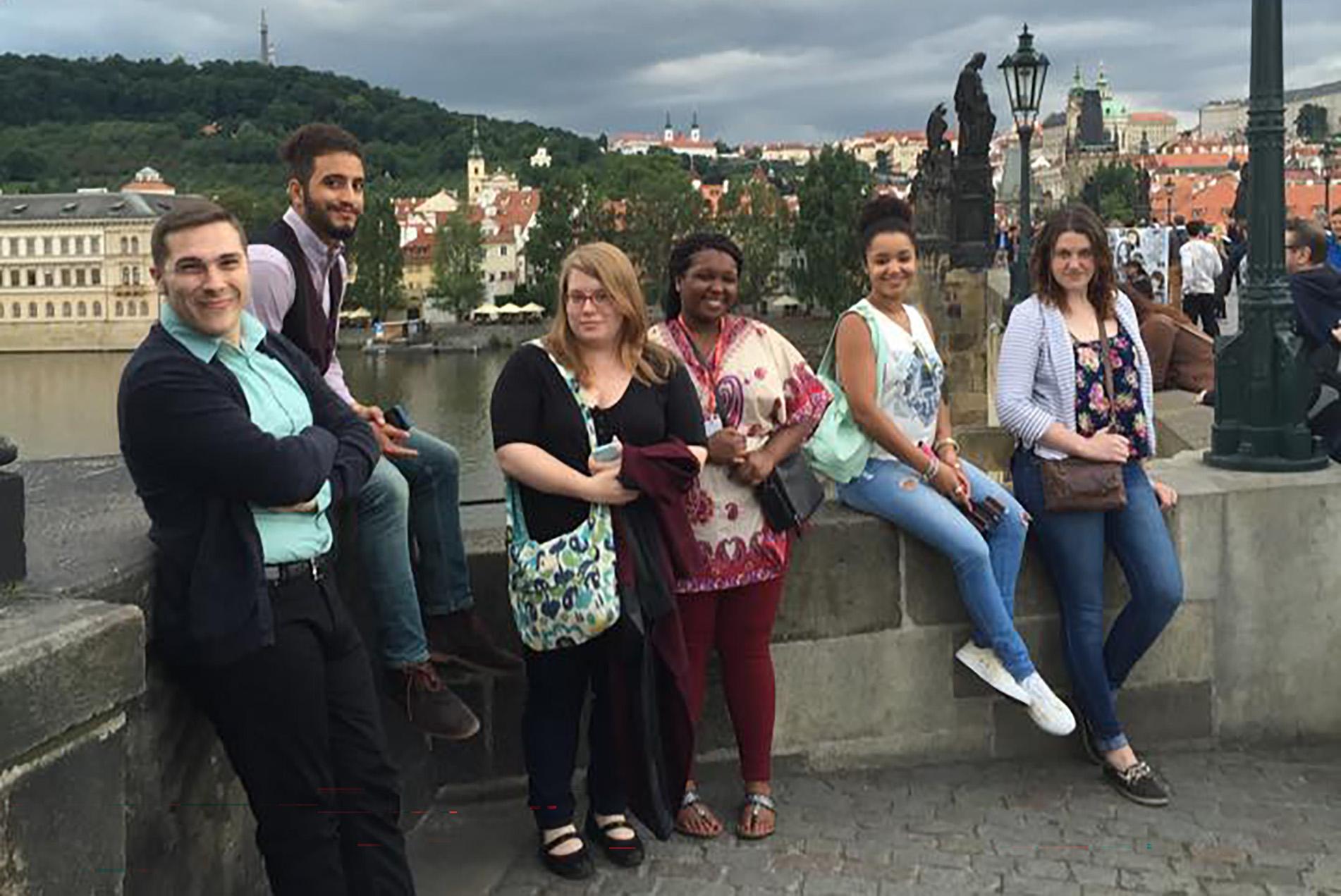
High-Impact Opportunities - trips to major U.S. and international cities foster connection and personal growth.
At MCLA Theatre, you'll dive into the world of contemporary theatre, gaining a well-rounded and deep understanding of both practice and theory. Our permanent faculty are not only experienced theatre professionals but also dedicated academics. On top of that, we regularly bring in guest artists and instructors to keep things fresh and exciting.
Our theatre faculty and staff are not only passionate and approachable, but they’re also actively involved in the professional world, keeping their skills and knowledge up-to-date with the latest trends. They create a supportive environment where you can grow as an individual and build lasting connections that will stay with you long after you graduate.
MEET OUR FACULTY & Staff
Lighting & Set Design, New Play Development
Working side-by-side with Theatre professionals gives you the chance to learn from the best and build real-world connections. Our guest instructors bring their own unique experiences, helping you grow and network for future career or educational opportunities. Whether you’re into acting, directing, design, or stage management, our guest faculty are involved in every aspect of the program, offering hands-on guidance and mentorship.
The Theatre Program at MCLA offers innovative and motivated theatre-makers the chance to hone their artistic instincts and create a course of study that supports their unique interests. The program’s flexibility and interdisciplinarity makes our theatre degree particularly attractive to undergraduates hoping to pursue a minor or second major at the college.
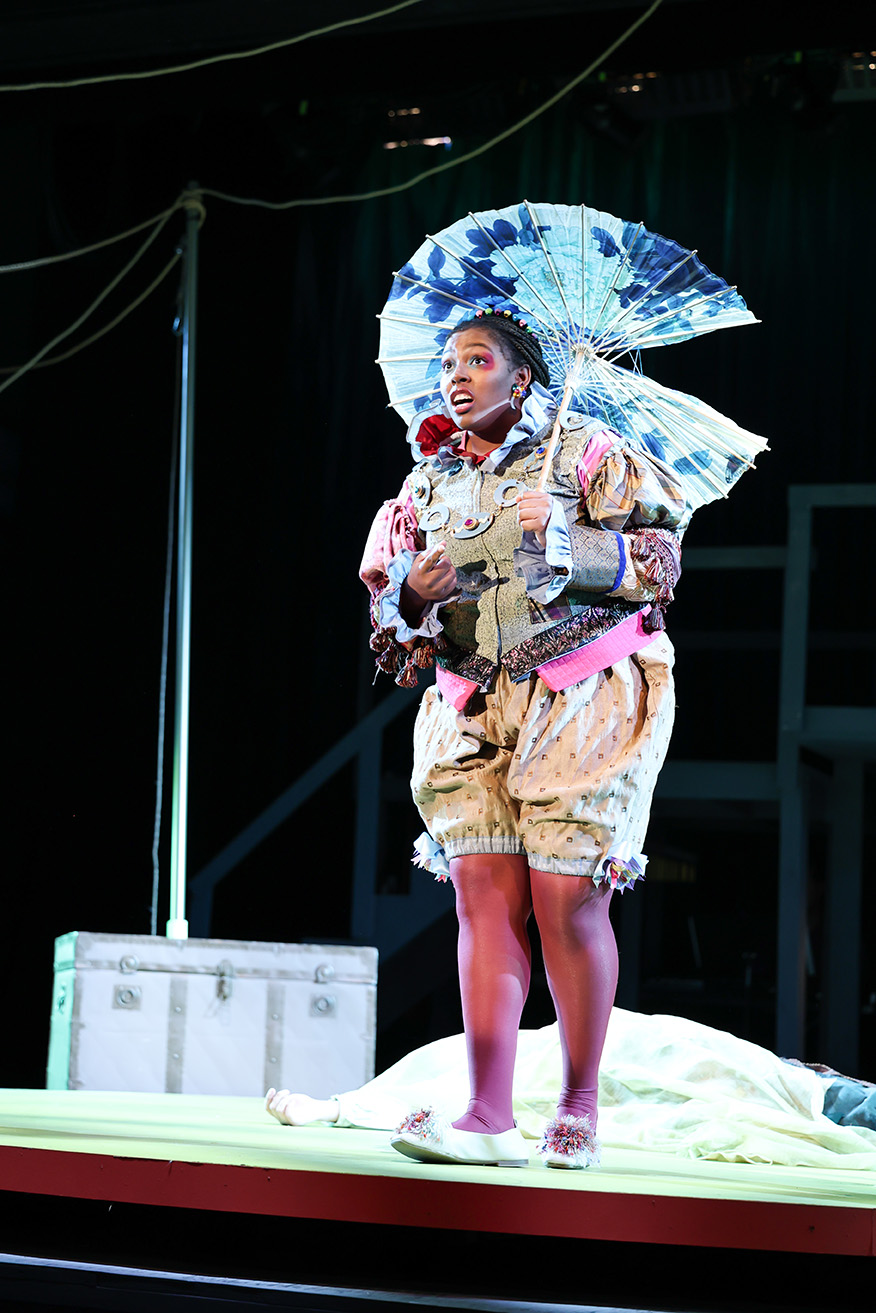
Our home in the Berkshires is a great place to begin your career. North Adams and the Berkshires are recognized as a national hot spot for world class cultural institutions where talented artists make their mark with music venues, theatres, museums and galleries.
An environment like this as our backyard ensures a vibrant cultural marketplace for our graduates—93% of whom land jobs or gain admission into some of the finest grad programs in the country within one year of graduation. With easy access to internships and networking opportunities, our students have an unparalleled chance to build real-world experiences while still in school. As the creative economy continues to boom in the Berkshires, MCLA Theatre's alumni are positioned to play a growing role in this region and beyond.
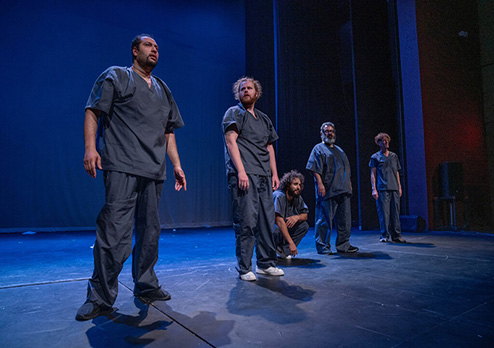
Internship Profile: Ahmed Reda
“This project was my first devised show outside the college. I wanted to work on my
skills in improvisation. This project was my chance to build those skills while working
as an actor collaborator on a new play. Working with professionals on real stories
was very inspiring. I was immersed in research into the lives of formerly incarcerated
people, which was a new experience for me, because I come from another country with
a different culture. I was excited about interviewing real people and about delivering
their stories through theatre..." Read more
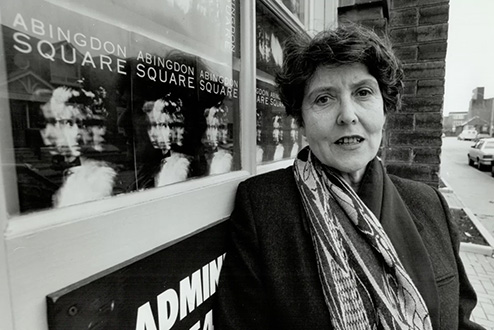
The MCLA theater department puts on a variety of shows during the Fall semester. This year, the roster of performances held includes a main stage performance of Antigone by Sophocles (translated by Anne Carson) in November, in addition to a Theatre Lab performance of two plays, Tango Palace and Dr. Kheal, in early December. Both of these plays were written by Cuban-American playwright María Irene Fornés (1930-2018) in the 1960s. Read more
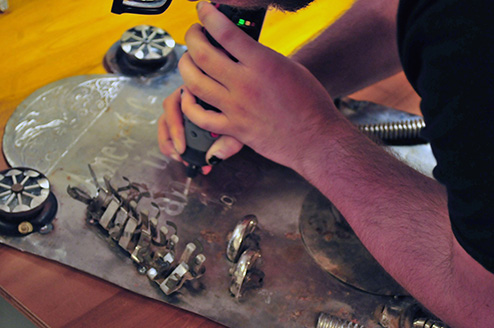
Over a five-week period, five talented MCLA students participated in the inaugural MOSAIC Summer Artist Immersion Residency (AIR) program at the MOSAIC event space (49 Main St. North Adams) to celebrate the work of Matt Flanagan, Julien Gamache, J.C. Innocent, Rachel Lamarre, and Max Sweeney. This showcase coincided with North Adams’ Downtown Celebration where Main Street closes and fills up with various community activities including live music, food trucks, games, and more.
